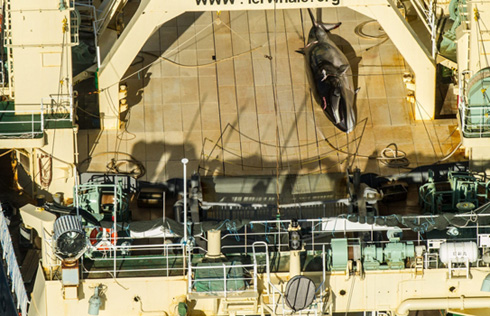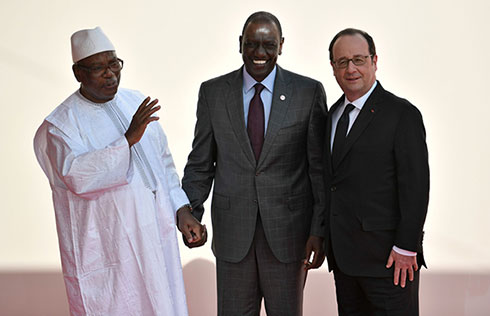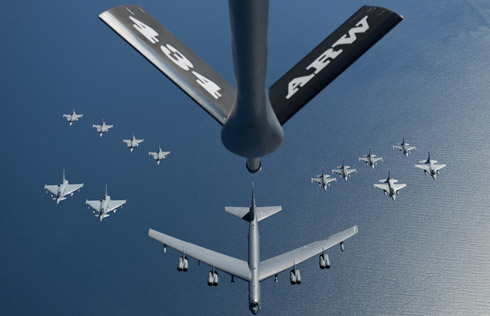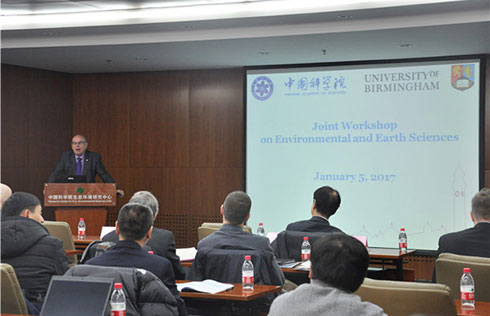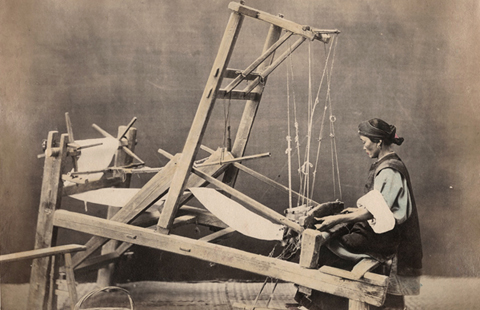Many questions await Obama on Mideast visit
JERUSALEM - President Barack Obama is due to make his first official visit to Israel and the Palestinian Territories this week, looking to improve ties after sometimes rocky relations with both sides during his first term in office.
Obama is not expected to come with any new Palestinian peace initiative and will spend most of his time in Israel, the closest US ally in the Middle East, where he will make a keynote speech to hundreds of students.
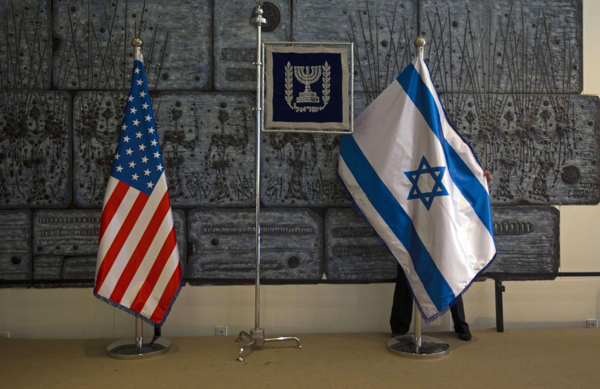 |
|
An employee arranges an Israeli national flag next to a US one at the residence of Israel's President Shimon Peres in Jerusalem, ahead of US President Barack Obama's visit, March 18, 2013. [Photo/Agencies] |
The American president will hold separate talks with both Palestinian President Mahmoud Abbas and Israeli Prime Minister Benjamin Netanyahu, who finally formed a new coalition on Friday after a January election that weakened his grip on government.
Here are some of the issues that are likely to dominate the March 20-22 visit.
IRAN AND THE BOMB
Israel and the United States agree that Iran should never get a nuclear bomb, dismissing Tehran's repeated assertion that its atomic program is peaceful. However, the two allies are at odds over how fast the clock is ticking down on the need for preventative military action should diplomacy fail.
Netanyahu last year set a "red line" for Iran's nuclear program, saying the Islamic Republic should not be allowed to obtain 240 kg (530 lb) of 20 percent enriched uranium. Israeli officials have warned this tipping point could be reached by the spring or summer of 2013, although experts believe Iran has since slowed its stockpiling of 20 percent fissile uranium to ward off the threat of attack.
Obama said on March 14 that Iran was still more than a year away from developing a nuclear weapon and repeated his assurance to Israel that military force remained a US option.
Israeli officials, who see Iran's nuclear advances as an existential threat, make no secret of the fact that they would prefer to see the US military, with its greater firepower, tackle Iran's far-flung atomic installations. Tehran is improving its defenses and Israel worries that sooner rather than later Israeli warplanes will not be able to destroy this infrastructure. This would mean its own military option would be off the table, leaving Israel utterly reliant on Washington.
The White House believes Israelis have yet to reach a consensus on how to confront Iran, according to a source familiar with the administration's thinking, who added that Obama would stress the need for patience with sanctions and diplomacy. US officials also hope a high-profile recommitment to Israel's security will increase public pressure on Netanyahu to avoid aggravating the situation while negotiations continue.
NO "GRAND PEACE PLAN"
Obama is likely to press both the Israelis and Palestinians to return to the negotiating table, but he told American Jewish leaders in private before the trip that he did not intend to deliver a "grand peace plan" during the visit. Participants said the president did not preclude the possibility of launching an initiative in six months or a year.
The mood was very different at the start of his first term, when Obama said peace between Israelis and Palestinians was a top priority. His 2009 "new beginning" speech in Cairo raised Palestinian hopes of establishing a state in the West Bank, East Jerusalem and Gaza, territories Israel captured in the 1967 Middle East war.
Obama revived direct peace talks in 2010, but they collapsed soon afterwards when Netanyahu refused to bow to Palestinian demands to extend a partial freeze on settlement building.
Both the Palestinians and Israelis felt let down by Obama, for very different reasons. The Israelis begrudged the fact that at the start of his first term, he publicly told Israel to halt all Jewish settlement building, saying this put unfair pressure on Netanyahu to make unilateral concessions.
The Palestinians were furious when Obama then backed away from his demand over settlement construction, saying the peace talks were doomed unless Washington twisted Israel's arm.
Both sides say that without a serious US engagement, the chances of a deal are close to zero. However, few US analysts expect Obama to expend much political capital on an elusive peace accord that has tied up so many of his predecessors.
Netanyahu's new government includes former Israeli foreign minister Tzipi Livni, who will take charge of pursuing peace with the Palestinians. But the presence of fiercely pro-settler elements in the coalition, including within the prime minister's own Likud party, suggests a breakthrough is unlikely.







